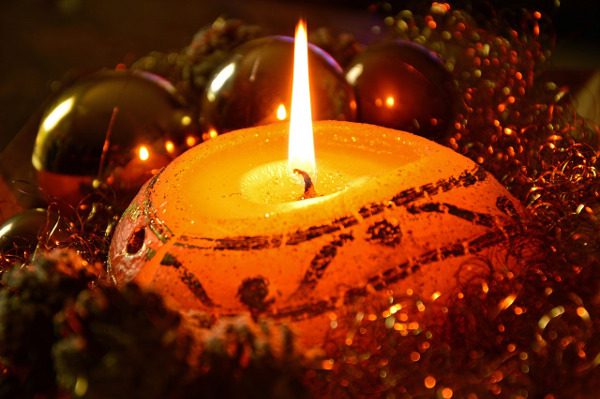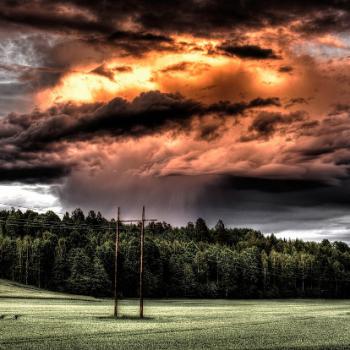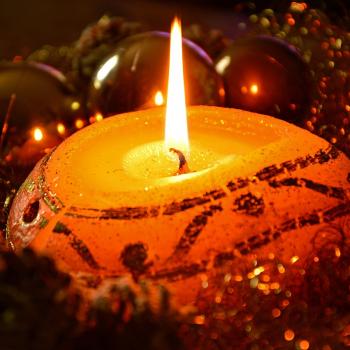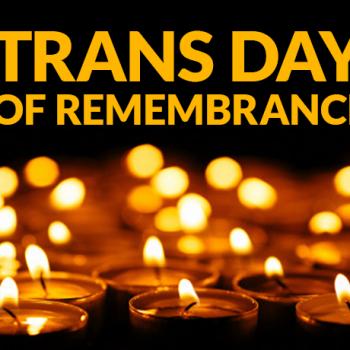
What do pagans and polytheists celebrate around the holidays? What options are there for people who are neither Christian, Jewish, Muslim, or of any other mainstream faith around this time of year?
Believe it or not, we have options. Many, many options. And while Yule is the most well known of those festivals, we actually have a lot more potential festivals to celebrate aside from that.
Here’s a list of known pagan and polytheistic festivals around this time of year:
- Winter solstice/Yule: The most generic of the options due to being not uniquely tied to any single pantheon or tradition, honoring Yule aka the Winter Solstice is usually the default of many. It is also the most well known pagan festival owing to the popularity of the Pagan Wheel of the Year. Some examples of gods typically honored during this time would be the Horned God, Dionysos, Mithras, Saturn, La Befana, Odin, and Sol Invictus. Since this is the time of year when daylight is the least amount of hours, it is frequently associated with dying and resurrected deities, solar gods, etc. In one tradition I belong to, an all night vigil is held until the first daylight of the following day.
- Saturnalia: A December festival dedicated to the Roman agricultural god known as Saturn. It was a joyous festival filled with gift-giving, partying, and public drunkenness was allowed as well. During this time slaves were allowed to participate and be treated like regular citizens.
- Rural Dionysia: A festival held roughly around December in ancient Athens in honor of the Greek god Dionysos. It was fairly similar to the Saturnalia festival where even slaves could take part in the celebrations, and phallic-shaped cakes were a common treat. Some modern day Hellenists combine this festival with the Winter Solstice, and honor Dionysos during that day as his day of the year.
- Dies Natalis Solis Invicti: Birthday of the “unconquered sun” god known to the Romans as Sol Invictus, and also the most likely precursor to Christmas.
- Heliogenna: A modern Hellenic festival dedicated to the Greek sun god Helios. Some celebrate it over a nine day period, others have shortened it to two.
- La Befana: This is an Italian festival in honor of a being some have called the “witch of Christmas”. Like Santa Clause, La Befana or Befana also brings presents and instead of a sleigh she rides on a broom. This is a festival often celebrated by those who are involved with Stregoneria, or traditional Italian witchcraft.
While most of the well known options come from either ancient Greece or Rome, some are flexible enough to offer other traditions that are more modern in approach.












